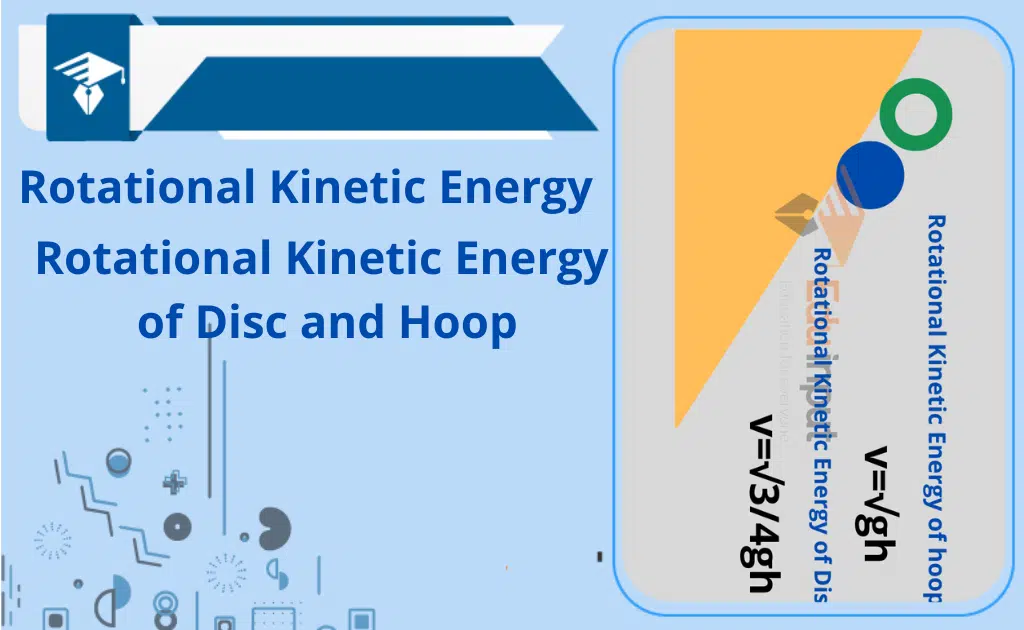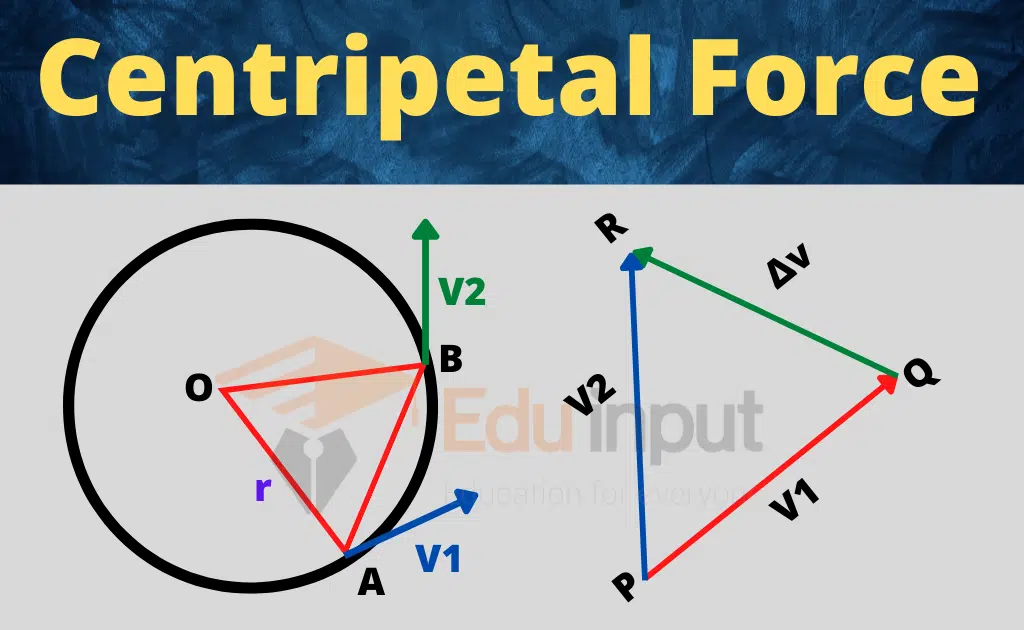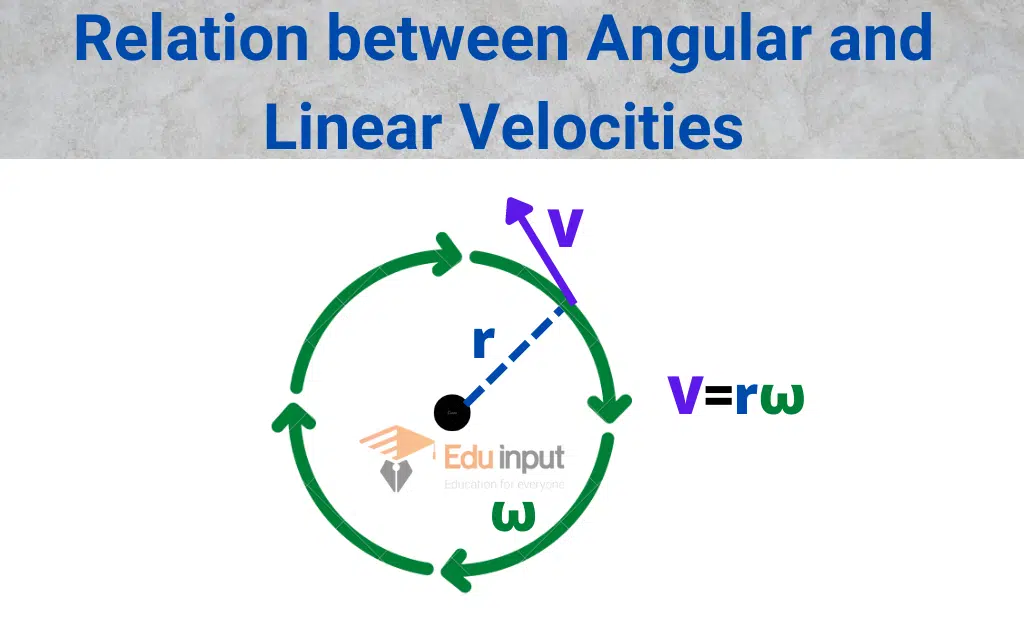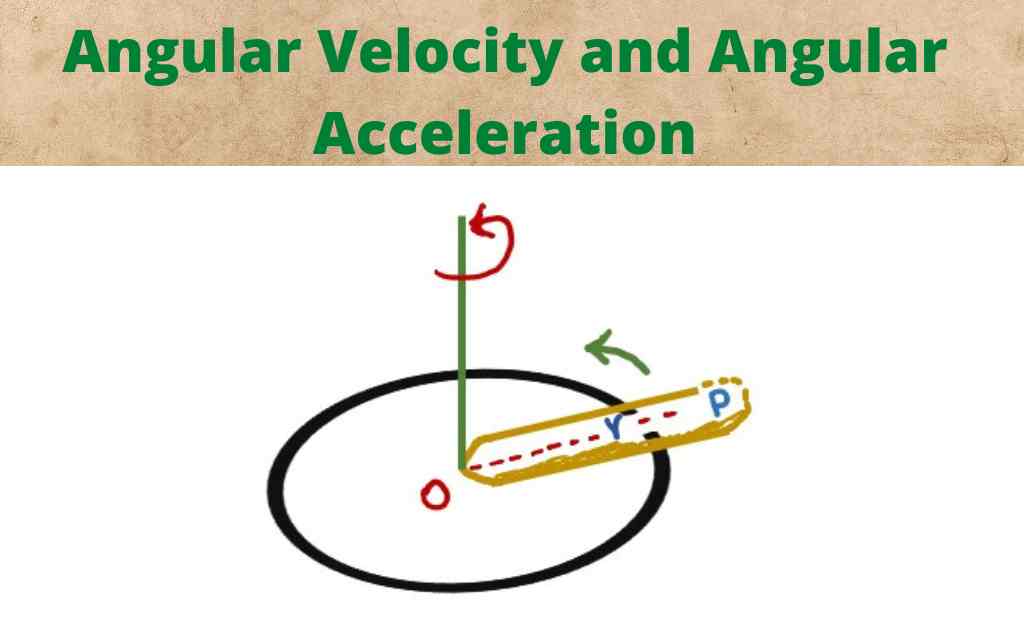What is Weight in Physics?-Definition, Apparent Weight, And Weightlessness
The force acting on the object due to gravity is called the object’s weight.
What is Weight in Physics?
The SI unit of weight is the same as that of force, and it’s called the newton (N) unit. When we look at the expression of weight, we can see that it depends on mass and acceleration due to gravity, but it does change from place to place.
For example, The shape of the earth is a little bit flatter at the poles and a little bit more round at the equator. This means that someone standing at the equator is actually farther away from the center of the earth than someone standing at the north pole.
Even though it might not feel like it, the extra distance makes a big difference when it comes to gravity. Because gravity is weaker the farther you are from the center of the earth, someone at the north pole would weigh less than someone at the equator.
Weight Formula
The force of gravity is determined by this measure. The formula for weight is
w = mg
M is the mass of the object and g is the gravitational force on the body.
Apparent Weight
The act of weighing an object in the real world may produce a result that differs from the ideal value provided by the definition used. This is usually referred to as the apparent weight of the object. A common example of this is the effect of buoyancy, when an object is immersed in a fluid the displacement of the fluid will cause an upward force on the object, making it appear lighter when weighed on a scale. The apparent weight may be similarly affected by levitation and mechanical suspension.
Weightlessness
When you’re in an elevator and it starts to descend, you may feel like your weight is being reduced. That’s because the weight you feel is the “effective weight” or the force that the floor is exerting on you due to your own weight. If we remove the floor and let you fall freely, there’s nothing to exert a force on you and so you’ll feel weightless even though there’s still acceleration due to gravity and mass.
When an elevator is going down, it is actually experiencing less acceleration due to gravity, which means that your weight is also reduced. This is because the effective weight is equal to zero. The same thing happens with astronauts in the International Space Station – because the space station is always falling towards the Earth, everything inside it experiences weightlessness and can float freely around.
In all these scenarios, the most important thing to notice is that weight can increase or decrease depending on the acceleration due to gravity, but the mass remains unchanged. This is why you may feel lighter on your feet during a period of accelerated gravity, such as on a roller coaster. However, your mass will remain the same no matter what gravity is like.







Leave a Reply